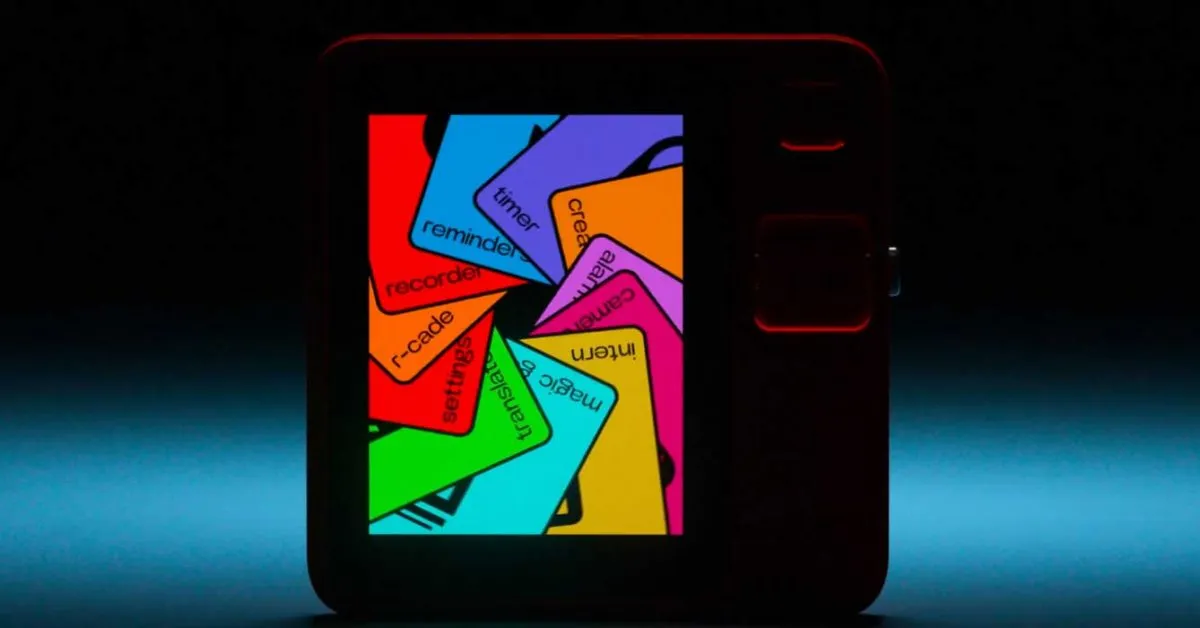
The Rabbit R1 may not have been a household name until now, but the company behind this innovative AI device is making strides to change that perception. Today marks the rollout of a significant update: RabbitOS 2. This update not only enhances the device's aesthetics but also introduces a myriad of improvements to existing features, ensuring a more intuitive and capable user experience.
In an engaging 8-minute video shared on Rabbit's official Twitter/X account, the company unveiled crucial updates to the software that powers the Rabbit R1. Notably, there was no announcement of a new hardware model; instead, the focus is on the free downloadable OS upgrade for users who purchased the device in 2024. The video showcases several enhancements to the overall RabbitOS UI in version 2, designed to streamline user interactions.
One of the standout features of the updated RabbitOS is the enhanced touchscreen functionality, which now supports improved gesture controls. A new Quick Settings screen has been introduced, reminiscent of the interfaces found in both Android and iOS. This screen provides users with convenient access to essential settings such as volume control, brightness adjustments, and shortcuts for camera or text input tasks.
The conversation interface has seen a significant transformation as well. Users can now view conversation flows with detailed responses displayed directly on the screen. Enhanced options allow users to mute the microphone or expand the keyboard for follow-up questions, improving the overall usability of the device. A new shortcut for the camera has also been integrated, making it easier than ever to capture moments on the go.
Rabbit acknowledges that the capabilities of the Rabbit R1 have not been entirely clear to all users. To address this, RabbitOS 2 presents a more concise and user-friendly approach to showcasing the device's functionalities. The introduction of the “Card Stack” feature acts as an app drawer, allowing users to scroll through various functional options like Magic Gallery, recordings, and the Rabbit Intern tool. For those accustomed to voice commands, the ability to audibly request the R1 to initiate tasks remains intact.
In addition to the user interface improvements, the RabbitOS 2 update introduces exciting new features for developers and creators. The R1 Creations tool serves as a platform for AI-coded apps and games created by users, providing an opportunity for innovation. Users can also harness the power of the Rabbit R1’s AI model to create their own applications. The Rabbit Intern agent simplifies the development process by generating tools and programs based on user prompts, making it an appealing option for those looking to explore coding.
With the release of RabbitOS 2, the Rabbit R1 is poised to redefine user experiences through enhanced functionality and a clearer understanding of its capabilities. As the company continues to innovate, users can look forward to a more streamlined and engaging interaction with their AI device, making the Rabbit R1 an essential tool for both casual users and developers alike.